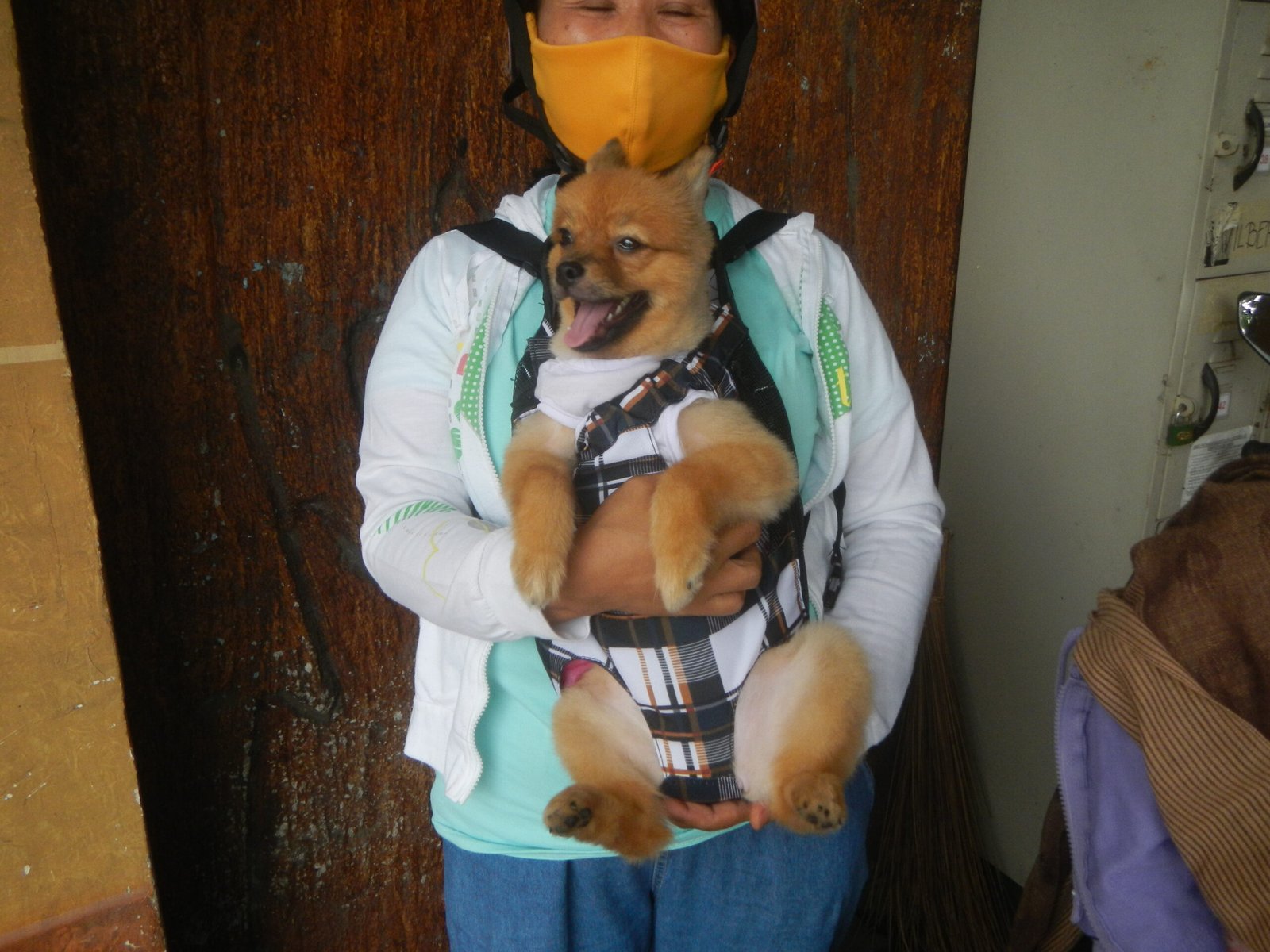The COVID-19 pandemic has touched nearly every aspect of our lives, including the way we form connections with our four-legged friends. As many Americans found themselves confined to their homes, the dynamics of dog ownership shifted in unexpected ways. From an increase in adoption rates to new challenges of pet care, the pandemic has left a lasting imprint on how we relate to our canine companions. For dog lovers, this transformation has been both profound and enlightening, revealing just how integral our furry friends have become to our emotional wellbeing.
Surge in Dog Adoption
As the pandemic took hold, animal shelters experienced an unprecedented surge in dog adoptions. With more time spent at home, many individuals and families saw the opportunity to welcome a new pet into their lives. Dogs offered not only companionship but also a much-needed sense of normalcy amid unprecedented times. Shelters across the country reported record low numbers of homeless animals, a heartwarming trend that spoke to the public’s desire for connection and purpose.
The increase in adoptions was not merely a matter of convenience. For many, adopting a dog became a way to combat loneliness and anxiety, common feelings during lockdowns. Dogs, with their unconditional love and need for care, provided an emotional anchor. This surge in adoption was so significant that some shelters even began running out of animals to adopt, a testament to the profound impact pets can have on human lives.
Rise of the ‘Pandemic Puppy’

A new term emerged during the pandemic: the “pandemic puppy.” This phrase captures the essence of dogs adopted during COVID-19, representing a generation of pets who have known life only within the confines of the pandemic. These puppies have been socialized in a world defined by social distancing and masks, which poses unique challenges for their development and behavior.
Owners of pandemic puppies often find themselves navigating unfamiliar terrains, such as training in isolation and introducing their dogs to a world that is slowly reopening. The need for creative socialization techniques has become paramount. Virtual training sessions and carefully planned outdoor meetups have become popular methods for ensuring these puppies grow into well-adjusted adults. The pandemic puppy phenomenon has reshaped the way new dog owners approach pet parenting, blending technology with traditional care.
Challenges of Remote Work
While remote work offered the flexibility to adopt pets, it also introduced new challenges for dog owners. Balancing work commitments with the demands of a pet required creativity and adaptability. Many found themselves juggling Zoom meetings with dog walks and playtime, creating a unique blend of work-life balance that was both rewarding and demanding.
The shift to remote work also raised questions about the future. As offices began reopening, dog owners faced the dilemma of leaving their pets alone after months of constant companionship. This transition required thoughtful planning, such as hiring dog walkers or enrolling pets in daycare to ensure they continued receiving the attention they needed. These challenges highlighted the evolving nature of pet ownership in a changing work environment.
Pet Care Industry Boom
The surge in dog ownership during the pandemic spurred growth in the pet care industry. From pet food to grooming services, businesses catering to dog owners experienced significant demand. Online retailers saw a spike in sales as customers sought convenience and safety in shopping for their pets’ needs. This boom in the pet care industry underscored the economic impact of increased dog ownership.
Furthermore, the demand for specialized services, such as virtual training classes and pet-friendly travel accommodations, expanded. Entrepreneurs seized the opportunity to innovate, offering new solutions to the unique challenges posed by pandemic pet ownership. The industry’s growth reflects the broader societal shift toward integrating pets more deeply into our lives, as they became an essential part of the family unit.
Emotional Support and Wellbeing

For many, dogs became a critical source of emotional support during the pandemic. Their presence provided comfort and stability in uncertain times. The act of caring for a pet offered a sense of routine and purpose, helping individuals cope with stress and isolation. This emotional bond between humans and dogs was strengthened, highlighting the therapeutic benefits of pet ownership.
Moreover, studies have shown that interacting with dogs can reduce stress and increase feelings of happiness. These benefits became even more pronounced during the pandemic, as people sought ways to manage their mental health. Dogs, with their playful antics and unconditional love, proved to be invaluable companions, offering solace and joy amidst the chaos.
Reevaluating Priorities
The pandemic prompted many to reevaluate their priorities, including their relationships with their pets. With more time at home, dog owners had the opportunity to deepen their bonds with their furry friends. Daily walks and playtime became cherished rituals, fostering a stronger connection between humans and their canine companions.
This reevaluation extended beyond personal relationships, as communities began to recognize the importance of supporting pet-friendly environments. Parks and public spaces adapted to accommodate the influx of new dog owners, reflecting a broader cultural shift toward valuing pets as integral members of society. The pandemic has encouraged a more thoughtful approach to pet ownership, emphasizing the importance of fostering a nurturing and inclusive environment for all.
Future of Dog Ownership
As the world gradually returns to normal, the trends in dog ownership that emerged during the pandemic are likely to persist. The lessons learned about the importance of companionship, emotional support, and adaptability will continue to shape how we approach pet ownership. The pandemic has reinforced the idea that dogs are not just pets, but vital members of our families.
Looking ahead, the focus on creating pet-friendly communities and workplaces is expected to grow. Employers may consider policies that accommodate pet owners, recognizing the positive impact pets have on employee wellbeing. The future of dog ownership in America is one of integration and inclusivity, as we continue to embrace the profound connections we share with our canine companions.

Andrew Alpin from India is the Brand Manager of Doggo digest. Andrew is an experienced content specialist and social media manager with a passion for writing. His forte includes health and wellness, Travel, Animals, and Nature. A nature nomad, Andrew is obsessed with mountains and loves high-altitude trekking. He has been on several Himalayan treks in India including the Everest Base Camp in Nepal.





